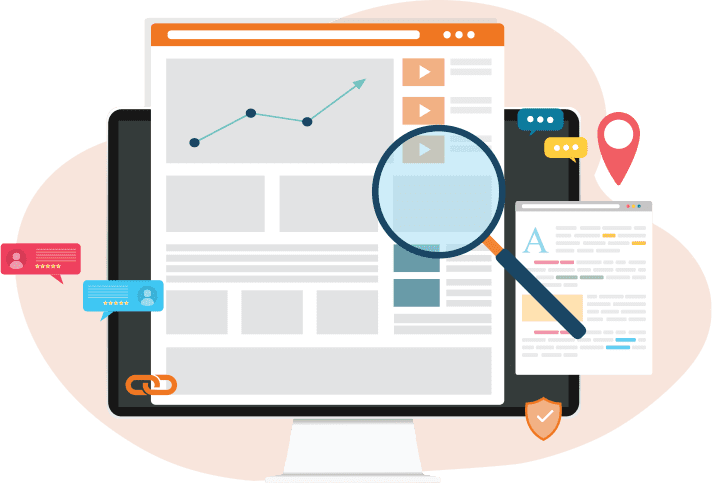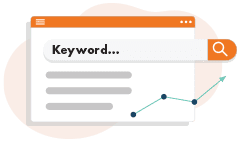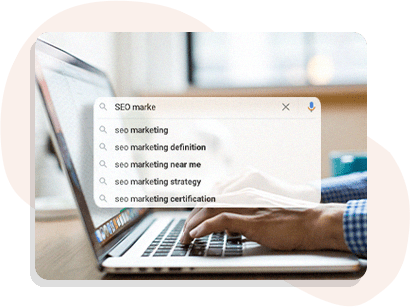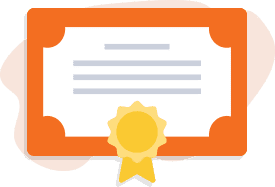The “Holy Grail” of SEO is the Featured Snippet, introduced by Google in 2014. Featured snippets are brief excerpts from a webpage that quickly answer a common question asked in Google. Google automatically pulls these snippets from pages they’ve already indexed. Definitions, lists, steps, and tables are examples of snippets commonly pulled to quickly answer queries.
Why do we say the Featured Snippet is better than being ranked #1 in Google? The Featured Snippet is positioned at the top of the page above organic results . And it gets that position without an ad buy. That’s not all though, being a featured snippet also positions you and your website as expert and authoritative.
From Google’s viewpoint, the featured snippet quickly answers user queries. It keeps users on Google longer. On top of that, showing up in featured snippets provides answers for digital assistants in voice search. As Google sees the volume of voice search growing, the importance of featured snippets is growing.
FORMAT FOR HUMANS AND GOOGLE
Another important SEO factor is formatting content so that it’s easy to understand for both humans and Google. The best way to think of this is that you want formatting to contribute to an optimum user experience. The best content in the world gets lost when it’s not formatted so it’s easy to comprehend.
People and Google both read your content like people. Google not only needs to find your content, it needs to read it.
Format For Humans
- User experience—lay out content so that it’s easy for the user to read and understand.
- Provide the most important content at the top so the reader wants to keep reading.
- Lay out the content to PULL the reader from concept to concept.
- Break up long-form content with headings that identify the concepts.
- Use bulleted lists to improve readability, and make the content easy to understand.
- Write in short, succinct paragraphs. Long paragraphs look like “too much work” to read online. Readers will skip them.
- Break content into sub-content sections identified with headings.
- Use bulleted lists to make the content easier to consume and understand. Think of this as breaking content into “bite size” segments that keep the user reading.
- Focus on providing content that is helpful and useful.
- Follow the E-A-T (Expertise, Authority, Trustworthiness) format.
Format For Google
While not human, Google’s algorithms attempt to read your content as a human would. Google follows certain usability standards. Think of these as Google’s expectations so that your site is easy to understand, crawl and index.
- The content should be topical based on what people are searching for (keyword data).
- You should utilize primary keywords and topical equivalents. This shows Google that you’re not keyword stuffing and that your content is relevant to the primary keyword.
- Properly work keywords into headings according to current best practices.(this could also be a link to a blog)
- Use common phrases that include your keywords.
- Aim for a featured snippet.










